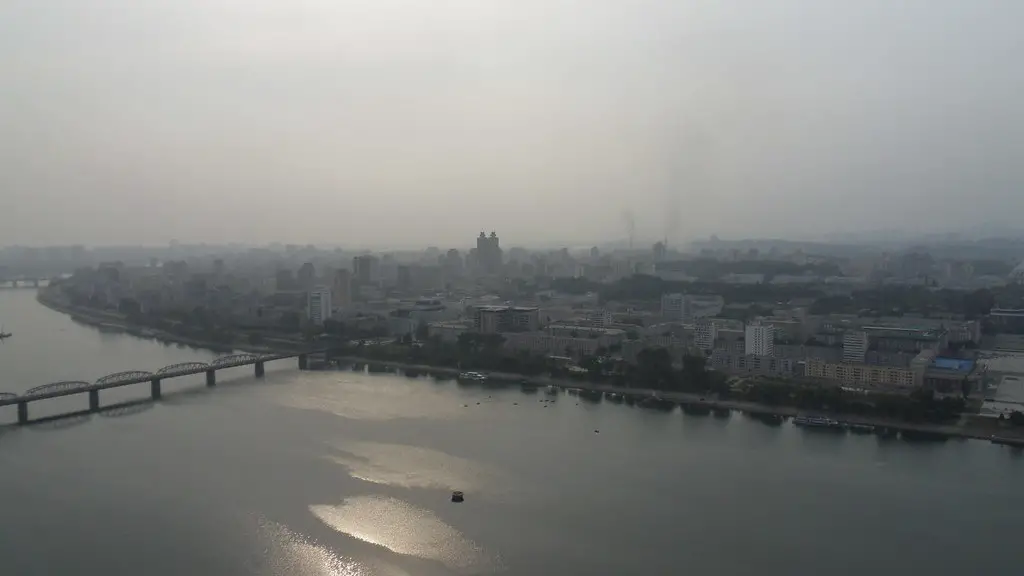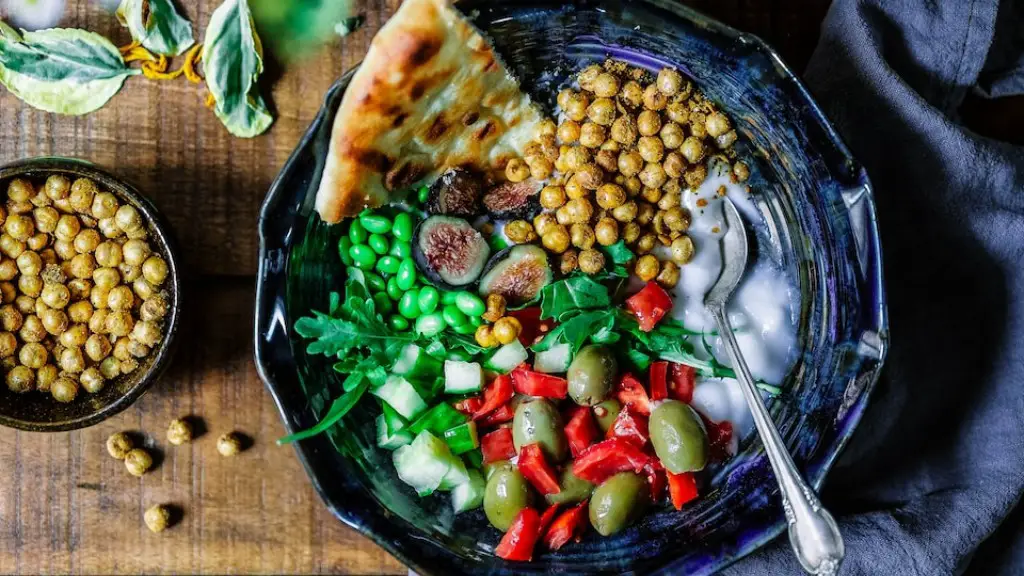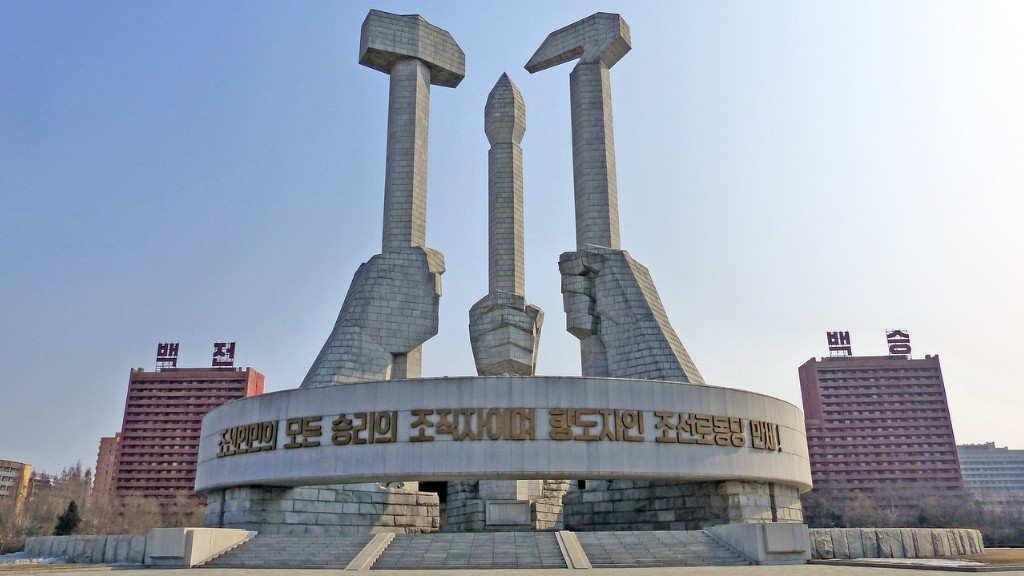Daily Life in North Korea
North Korea is a bizarre, secretive country filled with unnerving dark secrets. It is incredibly difficult for outsiders to understand and appreciate what life is really like for its citizens. North Korea is one of the world’s poorest countries and the standard of living for most citizens is low. Yet there is surprisingly little sense of hopelessness. Even if the citizens lack for resources, the North Korean citizens who are born into the system are content with their lives.
Every morning, bright and early, the North Koreans must stand by the side of the streets and sing in unison to celebrations of the work of their country’s leader. Right after this, it is compulsory for all citizens to participate in physical education, usually involve military drills. This routine is consistent even when the weather is uncooperative. Even if the food is scarce, North Korean citizens make the most of what they have.
Politics and Propaganda
What sets North Korea apart from other countries is its focus on political indoctrination and propaganda. All news networks and press are state approved and highly governed in order to protect the power of the status quo. It is mandatory for North Koreans of all ages to participate in strict loyalty tests and swear allegiance to their leader Kim Jong Un. After this, citizens partake in propaganda campaigns to celebrate the supreme leader’s rule and father.
North Koreans are taught to listen to and abide by their rulers for the sake of maintaining political order, safety and the survival of their nation. The North Koreans are also discouraged from participating in international business or activities abroad. North Korea is mostly self-reliant and citizens are highly discouraged from relying on external assistance.
North Korean Fashion and Attire
If one were to take a walk in North Korea, they would likely notice the lack of modern fashion statements. North Koreans in the armed forces and men in general must wear uniform-like attire in order to show support to their leader and country. Cropped haircuts and hairstyles for women are strongly enforced. Women are typically not allowed to dye their hair and are discouraged from putting on excess makeup or jewelry.
When attending any religious ceremonies or activities, North Koreans are required to dress modestly and follow the uniform-style clothing. The beauty standards of North Korea are heavily based on following government regulations and maintaining military appearances.
Transportation in North Korea
Transportation is limited for North Koreans due to their underdeveloped infrastructure. In some regions, the transportation system is entirely non existent. With the presence of limited motor vehicles, citizens are often obligated to commute by bike in order to travel short distances. For longer trips, one might need to use trains, but they must be booked in advance and are subjected to thorough checkpoints and inspections.
In addition, there are very few navigable roads in North Korea and most are made out of unpaved materials such as dirt and mud. As a result, these roads can become impassable, cutting off towns and cities from each other.
Education and Curriculum
Education is highly valued in North Korea and even with their limited resources, the government is determined to ensure that their citizens have access to learning opportunities. Since North Korea follows a profoundly authoritarian rule, the education system also places a lot of attention on the principles of the state as part of their curriculum.
All levels of education in North Korea must learn their country’s pledge and history extensively, as well as the accomplishments of the nation’s leaders. By the end of secondary school, all students must take a national test in order to be able to access the university.
Subsistence Farming and Scarcity
North Korea has faced extreme economic and social trials, making it almost impossible for them to collect and provide nourishment for their citizens. The situation is worsened by their lack of external support as the result of international sanctions. For this reason, many North Koreans had to resort to subsistence farming in order to feed themselves and their families.
The conditions of North Korea’s crops and production of food are very difficult and limited due to the scarce amount of mechanization and modern tools. Nutrient deficiency is of high concern, leading to the outbreak of several diseases such as malnutrition and anemia.
Military Influence
North Korea is one of the most heavily militarized countries in the world. Military personnel outnumber all other professions and every citizen is, in some way, obligated to serve their country. The resources and funding that are allocated for the military are extensive, leading to their army’s modernization and their country’s isolation from the rest of the world.
The North Korean military is seen as a direct and important representation of their leader Kim Jong Un and the country. Military personnel and veterans are recognized with customs and religious ceremonies in which their accomplishments and patriotic performances are celebrated.
Religion in North Korea
Religion plays a little role in the lives of North Koreans, as the main messages promoted by the country are more political and tied to the current regime. The state obligated religious ceremonies and activities are meant to honor the country’s leader, rather than celebrate the spiritual authority of any god or figure. In absence of the majority of religious freedom, North Koreans are instead obligated to revere their leader as almost a godly figure.
Although Buddhism and Christianity used to thrive some 300 years ago, the Islamic faith and any other religion is highly regulated and monitored by the North Korean government. The majority of the people living in North Korea are not religious and do not embrace faith.
Media and Internet Access
The North Korean government has a strong hold on the media and only allow very specific and heavily censored outlets. No exceptions are made, which is why the majority of North Koreans do not have access to the radio, television or internet.
For the portion of society that does have access, usually in the capital Pyongyang, the media and internet are tightly controlled. All of the content citizens can access is heavily monitored and biased, failing to show any truths that might be unpleasant to the government.
Citizen Freedom
South Korean borders are highly secured, making it illegal to even leave the country without express permission. This paired with the overall lack of communication and information, makes it incredibly difficult for North Koreans to express their rights and revolutionize. It results in North Koreans sustaining their way of life without the power or confidence to stand against the regime and fight for change.
North Koreans live in constant fear of being punished for speaking out or for being involved in anything that might criticize the state. Such laws exist to protect the power of the regime and the fear of punishment often takes away any incentive citizens might have in voicing their opinions.
Final Thoughts About Living in North Korea
Despite their obstacles, North Korean citizens are content with the system they have. They do not receive the same benefits as other citizens in more developed countries, but they still have some form of protection and order. With a limited presence of technology, heavily dependent on the government and scarce resources, North Koreans live very differently than the rest of the world. Even though the nation of North Korea is a very restricted country and lifestyle, North Koreans strive to make the most of the life they are living.


